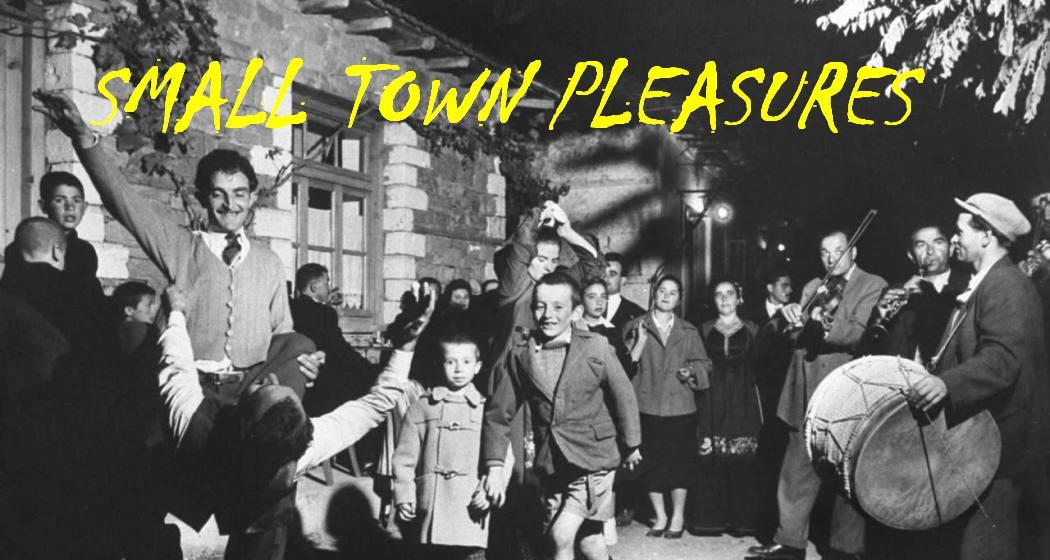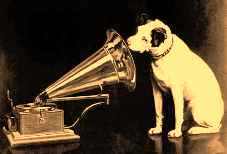

This double-CD set lives up to its title, at least as a representative compilation of the period it covers -- no vinyl compilation ever aspired to offer anything like the 64 tracks presented here, all dug out of the EMI vaults. Conceptually this is a killer collection, representing early dawning years of British rock, when acts like Vince Taylor & the Playboys, jazz trombonistDon Lang, and be-bop drummer Tony Crombie and his group the Rockets all competed for the public's attention, and the book was still being written on how to make (or succeed in) rock & roll. It all predates the Beatles as a recording act, though a handful of names came through the transition wrought by the Liverpool quartet and are recognizable today (albeit not always for rock & roll, as in the case of Jim Dale) -- the Shadows, Johnny Kidd & the Pirates, and Adam Faith (who does a killer rendition of "High School Confidential" years before he became a success with a smoother brand of rock & roll) are among those who survived to rock another day. But as obscure as Janice Peters (who sounded like a British version of Jo Ann Campbell) or the Five Chesternuts may be today, the music here is all eminently enjoyable, and on a lot more than a historical basis -- these acts could rock out, and if they weren't as original or creative as the Americans whose sounds they emulated, they did put on a great show.



Two acts here, Dickie Pride and Bobby Angelo and the Tuxedos, are a genuine surprise, delivering as good a rock & roll sound as anyone ever heard on this side of the Atlantic. The influences that abound are fascinating, the near-ubiquitous sound of Elvis Presley (and, to a lesser degree, Jerry Lee Lewis) vocally, on the part of most featured singers, vying for prominence with the boogie-woogie-inspired jazz origins of Bill Haley, with some influence also felt from Jerry Lee Lewis' band. Nobody, at least at EMI's various labels, apparently ever considered trying to re-create Chuck Berry's or Bo Diddley's sounds. Speaking of sound, it ranges from the very good to the startlingly excellent, nice and loud with a lot of presence and sharper than the records ever were. There are a few gaps, like the absence of Janice Peters' "A Girl Likes," and it seems a little unnecessary to have included Johnny Kidd & the Pirates' "Shakin' All Over," except to give purchasers at least one familiar hit. But considering that the contents are limited to the EMI vaults, the quality and consistency of the contents across two hours of listening is astonishing. And the notes by Dave Travis are practically worth the purchase price by themselves. ~ Bruce Eder
Part One
Part Two
Part Three













































































.jpg)

